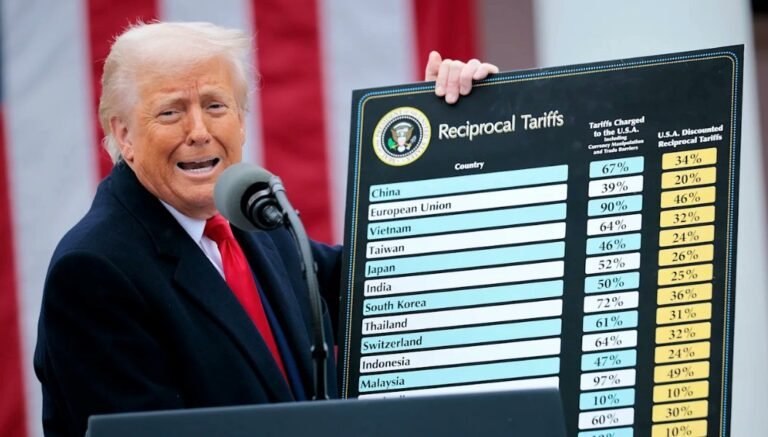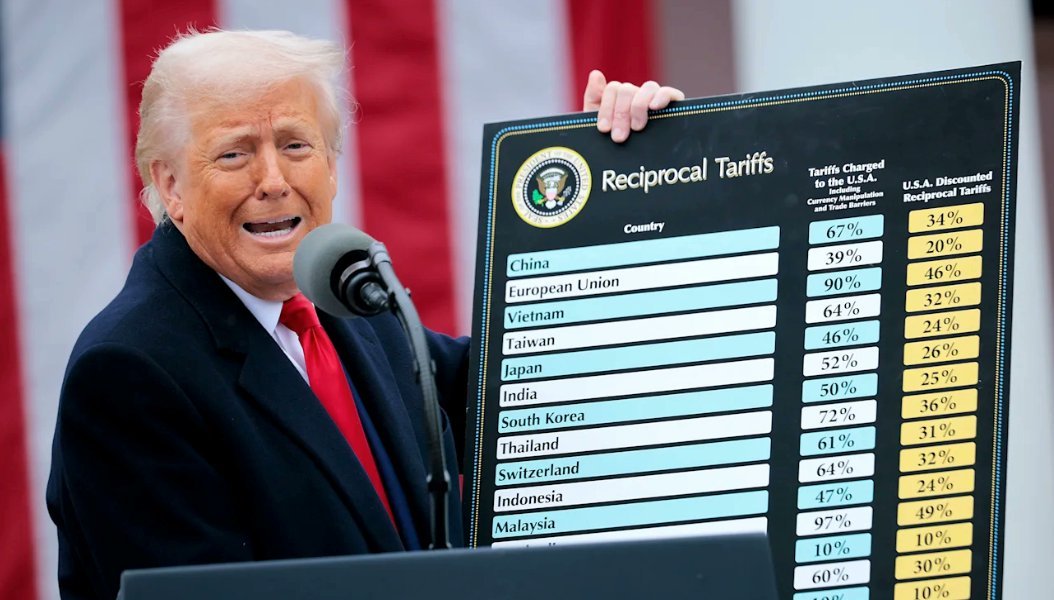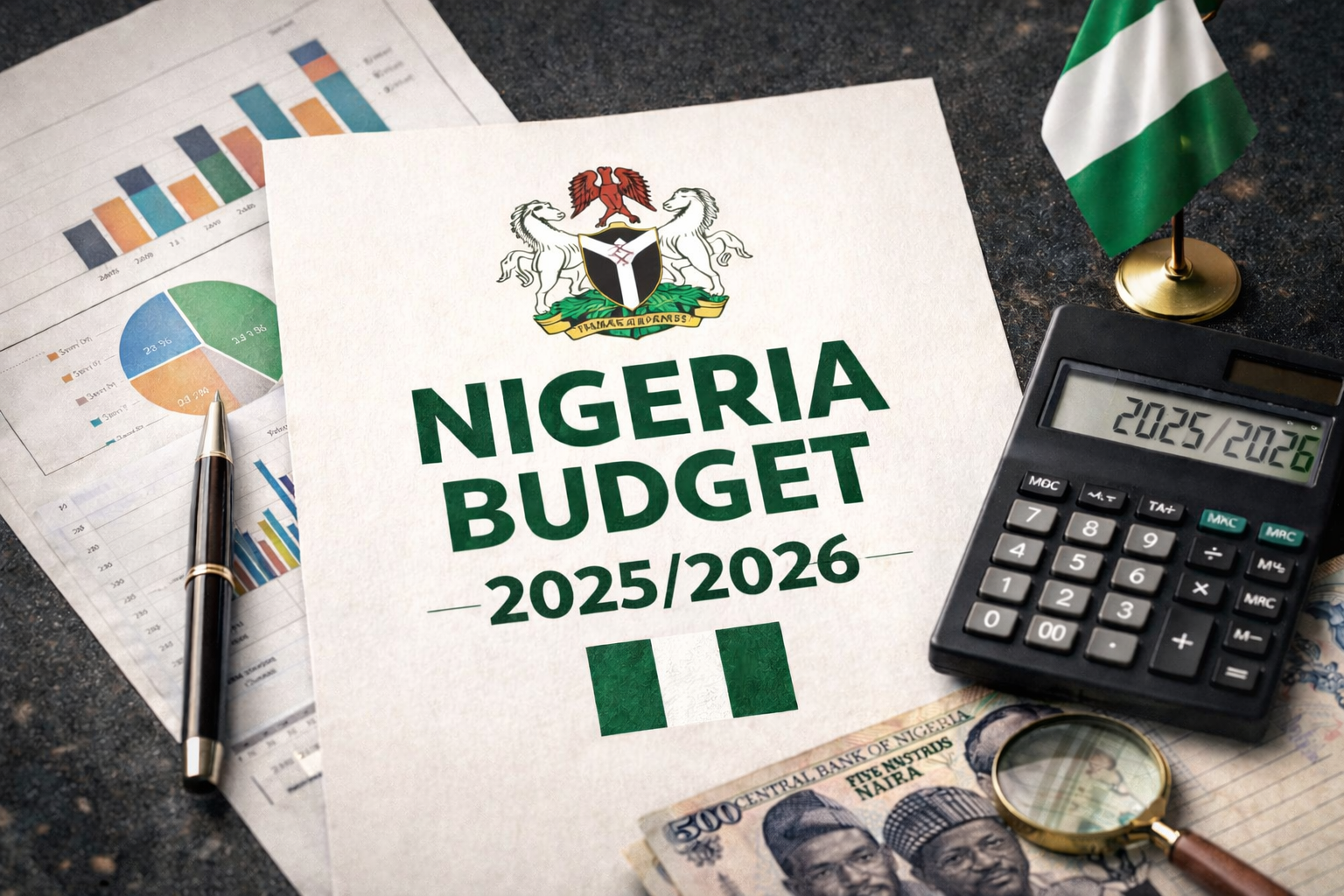The Nigerian naira has maintained an unusual calm in the foreign exchange market, holding between ₦1,534 and ₦1,536 per dollar from July 25 to August 25.
This marks the long stretch of stability for the currency in 2025 after months of sharp swings.
Earlier in the year, the naira saw dramatic moves, strengthening from ₦1,538.50 to ₦1,475 per dollar in January, before plunging to its weakest level of ₦1,644/$1 on April 9. A recovery in May and June laid the foundation for the current period of calm, with daily changes now limited to just ₦2–₦3, compared to the double-digit jumps seen in previous months.
Also Read:
- NNPC Suspends Naira-for-Crude Deal: Implications for Local Refineries and the Naira's stability
- Dollar to Naira: "Naira to Stabilise at N1,555 to the Dollar," Rewane projects
- Naira stability: Nigerian Currency Appears to Have Found Solid Ground
- Naira Stability and CBN Foreign Exchange Market Interventions: Is the CBN's Benevolence Sustainable?
The naira’s stability has been reinforced by commercial banks resuming naira debit cards for dollar transactions abroad. This step is viewed as a signal of confidence in Central Bank Governor Olayemi Cardoso’s ongoing exchange rate reforms, which aim to restore order to Nigeria’s FX markets.
Part of the naira’s stability reflects broader global currency trends. The U.S. dollar index has weakened as inflation in the U.S. eased and expectations of Federal Reserve interest rate cuts grew, reducing pressure on emerging market currencies and improving investor sentiment toward the naira.
Nigeria’s foreign reserves have climbed to $41 billion, a level not seen in nearly four years. This buffer, credited to improved oil production and better pipeline security, assures traders that the Central Bank of Nigeria (CBN) has the firepower to intervene if volatility resurfaces.
The gap between official and parallel exchange rates has narrowed, cutting opportunities for arbitrage. With speculative demand falling, the market is now dominated by genuine trade-related foreign exchange needs.
The CBN has accelerated settlement of outstanding FX obligations to banks, airlines, and manufacturers, easing uncertainty and boosting liquidity. At the same time, Nigerian companies have reduced dollar dependence by sourcing inputs locally, renegotiating supplier terms, and spreading out importation schedules.
Despite easing inflation, the CBN has kept interest rates high for over a year, discouraging speculative dollar purchases and attracting short-term capital inflows. Traders describe the market as balanced, though risks remain if oil prices fall, reserves shrink, or the U.S. dollar regains strength.


























